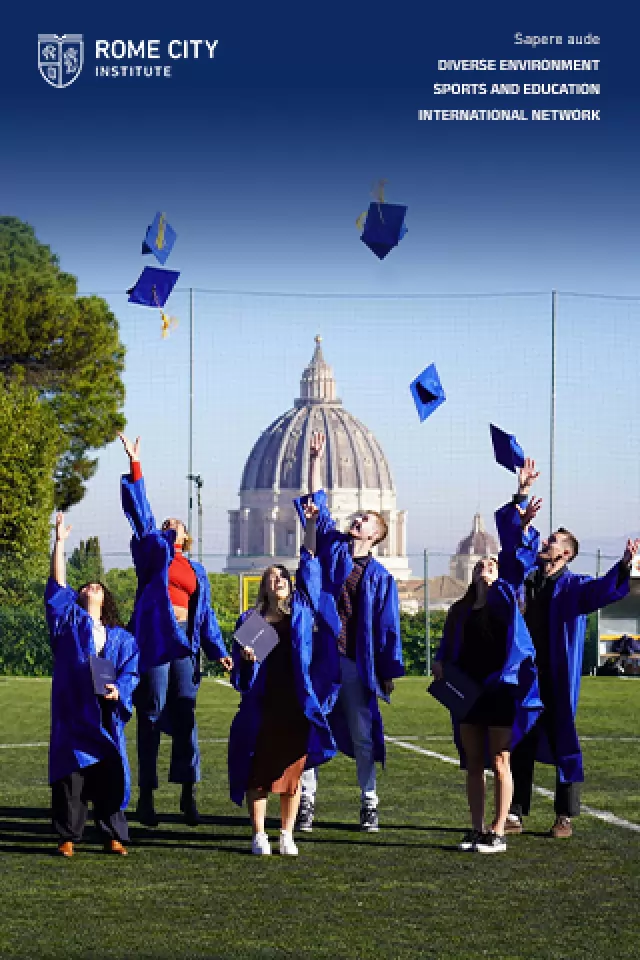Controversy comes as Italy seeks UNESCO recognition for Italian cuisine.
A recent article in the Financial Times questioning the authenticity of some of the signature dishes of Italian cuisine has, predictably, caused an outcry in Italy.
The article has been slammed by Italian agriculture organisation Coldiretti as "a surreal attack" that comes just days after Italy launched a bid to have Italian cuisine inserted on the UNESCO list of intangible cultural heritage.
Titled 'Everything I, an Italian, thought I knew about Italian food is wrong', the article by Marianna Giusti features an interview with food historian and University of Parma professor Alberto Grandi who "has dedicated his career to debunking the myths around Italian food".
“Italian cuisine really is more American than it is Italian,” Grandi claims, citing pizza as a prime example and claiming that "most Italians hadn’t heard of pizza until the 1950s".
"Many Italian “classics”, from panettone to tiramisù, are relatively recent inventions", he is quoted as saying in the article, suggesting that the "exact modern-day match" of parmigiano "is Wisconsin parmesan.”
The article, which notes "Italy’s often ludicrous attitude towards culinary purity", also cites food historian Luca Cesari, author of A Brief History of Pasta, who claims that carbonara is “an American dish born in Italy”.
In a statement, Coldiretti hit back at these claims which "seek to trivialise the national food tradition", saying that the article "could make you smile if it didn't conceal worrying economic and employment implications".
Italy's UNESCO bid for Italian cuisine, launched jointly last week by the culture and agriculture ministries, underlined the close links between culture, food and lifestyle in a "mosaic of traditions" based on a set of "social practices, rituals and gestures based on much local knowledge" passed on from generation to generation.


















